The recipient of the 2022 VALA Award is:
State Library of Queensland – Siganto Digital Learning Program
VALA congratulates the State Library of Queensland on Siganto Digital Learning Program (watch their presentation).
State Library of Queensland’s Siganto Digital Learning Program is a series of purpose driven workshops that help develop digital literacy in recently arrived communities. The unique workshops help to addressthe digital divide that can occur and present barriers for migrants and refugees forming broader connections within their community.
The 2021 Australian Digital Inclusion Index (ADII) revealed that Queensland continues to fall behind the national average in key areas, particularly in digital ability and access.
The Siganto Digital Learning Workshops has produced an important model and materials for addressing this disparity, which becomes even more considerable in rural and regional communities. Digital curriculum resources developed as part of the project, released under a Creative Commons License, are hosted on State Library’s online Wiki and externally accessed nearly 6,000 times and have been recently published in multiple languages.
Running from 2017 to 2022, the Siganto Digital Learning Workshops provided practical hands-on digital skills training and computer hardware to 265 individuals from newly arrived migrant and refugee communities, ranging in ages from 13 to 65 and more than 30 different countries of origin.
In 2021 State Library of Queensland engaged researchers from QUT’s Digital Media Research Centre (DMRC) to undertake an evaluation of the Siganto Digital Learning Workshops program, and to make recommendations for further digital inclusion work in the sector.
The evaluation found that the Siganto Digital Learning Workshops:
- addressed a community need, by increasing access to devices appropriate for education and improving the skills and problem-solving confidence of participants.
- provided pathways for participants to engage more broadly with the State Library and pursue further learning about technology in their areas of interest with the support of the workshop facilitators.
- participants are employing the skills and knowledge they gain in the workshops to help other family members.
- provided employment opportunities for several participants to deliver these workshops.
We wish to acknowledge our other nominees:
- University of South Australia Library – Creation of a new process using Appian for UniSA researchers to submit Non-Traditional Research Outputs (NTROs) for review within academic units and inclusion in the Research Outputs Repository.
- Geelong Regional Library Corporation – Saving Family Stories – Photo and Video Digitisation
View the recording of their presentations.

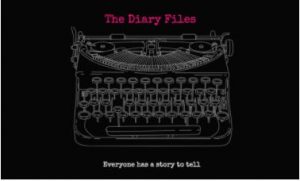
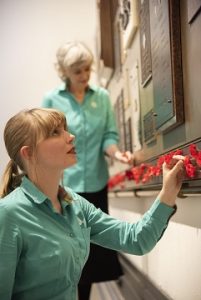
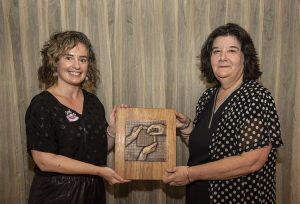
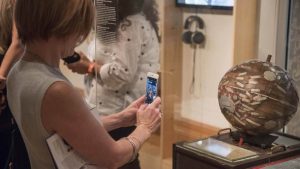
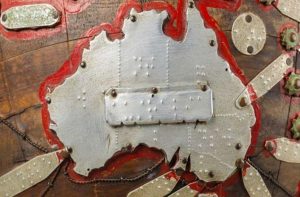
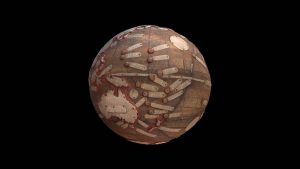
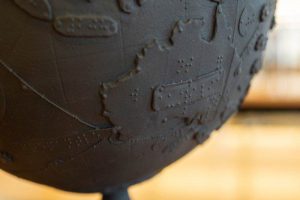
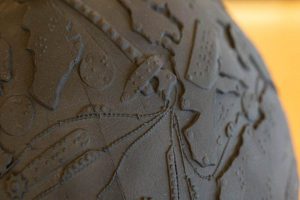
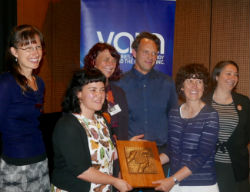
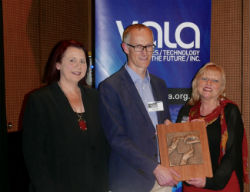
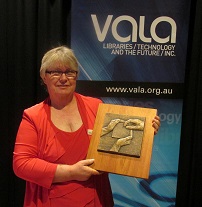 The Curtin Library App provides access to Curtin Library resources and services via a mobile app that can be used on an iPhone, iPad or iPod Touch. The app enables real-time, personalised, context-sensitive information, with the ability to make bookings for library items and facilities.
The Curtin Library App provides access to Curtin Library resources and services via a mobile app that can be used on an iPhone, iPad or iPod Touch. The app enables real-time, personalised, context-sensitive information, with the ability to make bookings for library items and facilities. 